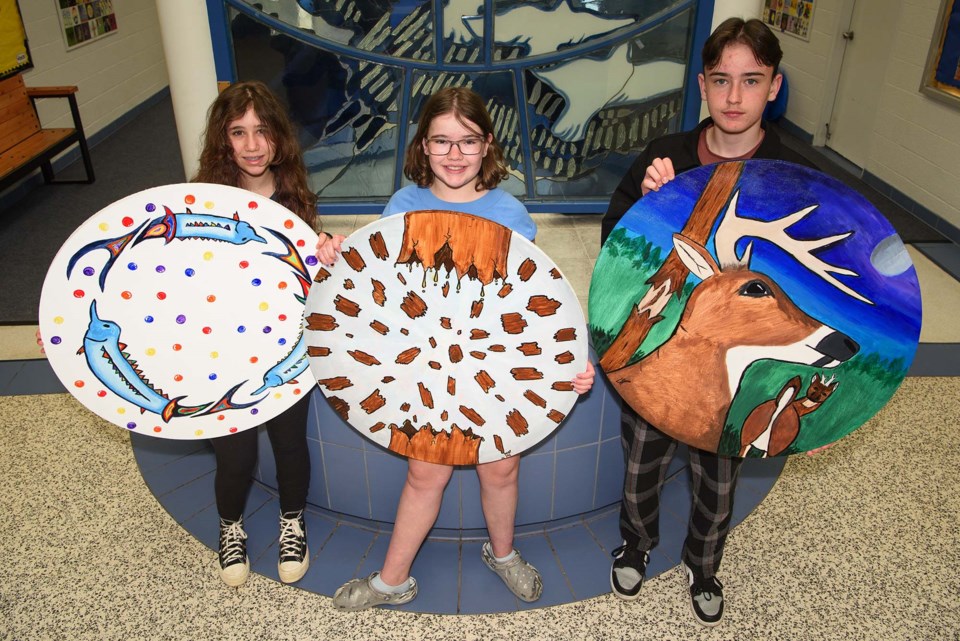St. Albert Public teachers will learn how Indigenous wisdom can make them better educators as part of a University of Alberta project funded by the federal government.
University of Alberta curriculum studies professor Dwayne Donald received a $311,972 Insight Grant from the Social Sciences and Humanities Research Council in late August.
The grant will fund a five-year project to integrate Indigenous concepts of knowledge and knowing with current teaching practices to enhance student education. St. Albert Public is one of the four school divisions involved in the project.
Donald holds the Canada Research Chair in reimagining teacher education with Indigenous wisdom and traditions.
Teachers have been adding Indigenous content to their lessons in recent years with the assumption that doing so will address discrimination and help Indigenous students feel a sense of belonging, said St. Albert Public deputy superintendent Marianne Barrett. The problem is teachers are still using the same Eurocentric, colonial methods to teach that content — an approach that devalues Indigenous ways of learning.
“Western ways of knowing are just one way of knowing,” Barrett said.
“This is about creating space for other alternatives.”
This project will see about eight St. Albert Public teachers work with Donald and area Indigenous elders for four days a year over five years to develop teaching techniques to improve student engagement, Barrett said.
Donald said results from the project will be sent to the Association of Canadian Deans of Education to improve teacher training.
“Most teachers teach the way they’ve been taught,” he said.
“If we expect teachers to teach differently in response to the challenges we’re facing, they need to be taught differently.”
Colonialism and wâhkôhtowin
Current teaching practices are rooted in the colonial/Enlightenment-era ideals which emphasize facts, classification, and Europe, Donald said.
“We’re taught to deny relations with people who don’t look like us,” explained Donald, and to put human needs over the needs of everything else.
This approach contributes to problems such as racism and global warming, Donald said. It also focuses on the last 500 years and Europe, implying civilizations which existed elsewhere and before then (such as Indigenous ones) were unimportant.
“People around the world have lots of experience on how to live well,” Donald said, and that traditional wisdom can help us live better lives today.
Donald said his goal is to help teachers unlearn this colonial worldview and pick up traditional Indigenous concepts they can use in the classroom. The Indigenous lunar calendar links time to observable natural phenomenon such as the migration of eagles, for example, and can help students understand their local environment. Indigenous knowledge suggests teachers can create more engaging lessons by addressing all four parts of a person — mental, physical, spiritual, and emotional — instead of just the mental one emphasized by Western thought.
Classrooms based on colonial practices might see students sit in desks as teachers lecture at them, Donald continued. Ones based on Indigenous worldviews might see students brought outdoors and asked to find lessons in a patch of forest using whichever methods they prefer. Instead of seeing humanity as above and separate from the environment, Indigenous wisdom sees people view themselves as enmeshed with it and dependent on it and the people around them — a concept embodied in the Cree term wâhkôtowin, or “kinship.”
Donald said he hoped to start work with the St. Albert Public teachers later this month.
Questions on the project should go to Donald at [email protected].




